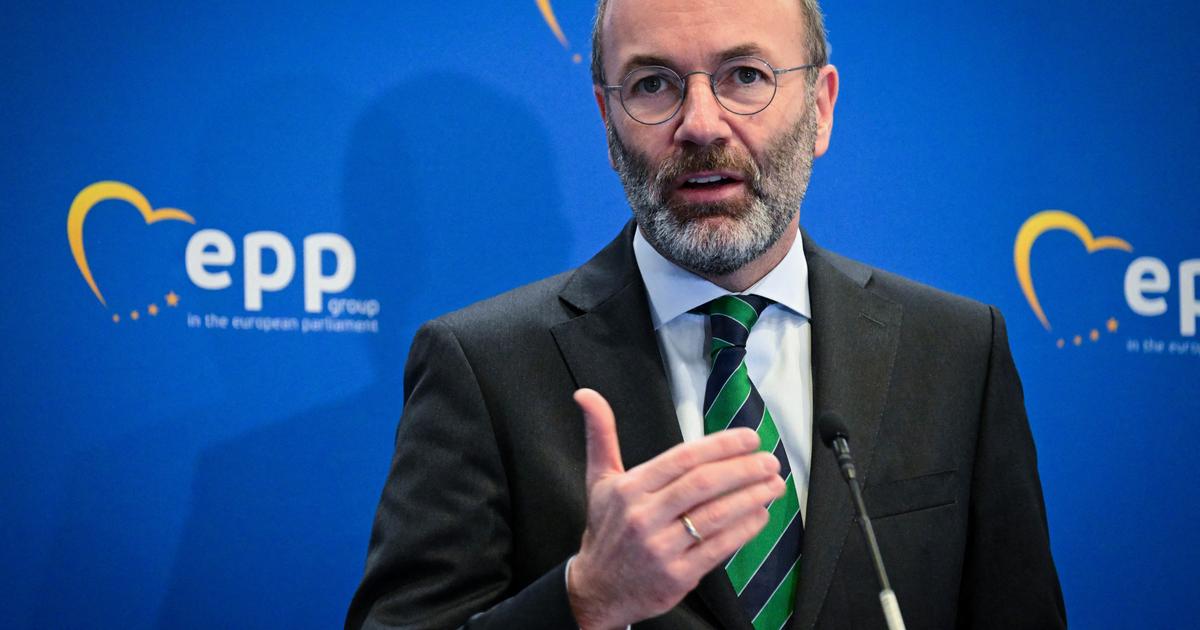The European Union has not managed to break the chain of crisis that it has been going through for years.
And although it has managed to find ways out in the face of serious threats to its survival, it remains stranded when it comes to responding to the migratory emergency.
The inability to agree on a new policy to face this crisis has led NGOs this Wednesday to make Brussels ugly, which could have prevented the tragedy of this Wednesday's fire in Moria.
After several delays, the European Commission has set the next 30 as the new date to present a proposal for an immigration pact.
Germany, which has the rotating presidency of the EU, demands to agree "urgently" on a common reception policy by as many states as possible.
Ursula von der Leyen's Cabinet set itself the goal of the first 100 days of her mandate to design a large migration package to overcome the European asylum system in Dublin, which was blown up in the 2015 crisis. The idea of The Commission was to create a multi-pronged plan that would collect demands from all, so that the capitals could justify any resignation to their citizens.
Vice President Margaritis Schinas and Interior Commissioner Ylva Johansson traveled to all capitals to weave a possible consensus.
One hundred days, however, ended up being insufficient to put order in one of the most complex and toxic debates that the Twenty-seven have.
With the immigration portfolio stuck since 2015 due to the great differences between the partners, Brussels had to respond again after a new crisis.
In this case, another tragedy.
Community institutions regretted the events, expressed their consternation and solidarity, and were willing to mobilize support.
Von der Leyen asked Schinas to travel "as soon as possible" to Greece and stressed through his Twitter account that the priority of his Executive now is to provide security "to those who are left without shelter."
It also said it would finance the delivery of some 400 unaccompanied minors to various member states.
In the afternoon, a spokeswoman for the Commission confirmed that the new proposal for the migration pact would be approved on September 30.
It is already the fourth attempt in a period of just over nine months, in which Brussels has had to face another serious crisis on the border between Greece and Turkey after Ankara showed itself willing to violate its agreements to stop migratory flows to change of aid.
Divergences in the EU
The Von der Leyen Executive then already showed the contradictions that coexist within the EU by first supporting without fissures the heavy-handed policy of the Greek Government of Kyriakos Mitsotakis, to whom it offered financial and operational support by acting as a “shield of Europe ”.
Later, he introduced nuances and moved away from the Athens announcement to freeze the processing of asylum claims and announced that it would increase aid for refugees on Lesbos who voluntarily decide to return to their country.
A spokeswoman for the Commission explained that, despite the delays imposed by the pandemic, these aid began to be given in August with a group of immigrants who decided to return to Iraq.
According to community sources, this hot cloth policy should end at the time an immigration package is approved.
The decline in the arrival of irregular immigrants caused it to be postponed until after the summer.
This plan had mainly four legs: the reinforcement of the external borders with 10,000 agents of the European Border Agency (Frontex);
rapid reaction teams;
the execution of expulsion orders, and a solidarity mechanism.
The idea was that the strong hand would dissuade Warsaw and Budapest from opening their hands with a system that would not be quotas.
This scheme is far from satisfying, for example, Spain, which is asking for a distribution mechanism.
For this reason, diplomatic sources doubt that the Brussels proposal can immediately crystallize into an agreement.
In the best of cases, they added, a calendar could be closed to advance that pact.
Faced with this prospect, Germany - which has the rotating presidency of the EU - demanded an “urgent” common reception program by the largest number of member countries.

/cloudfront-eu-central-1.images.arcpublishing.com/prisa/UPBULGC4RBEE5ANTOF5RYERL4Q.aspx)







